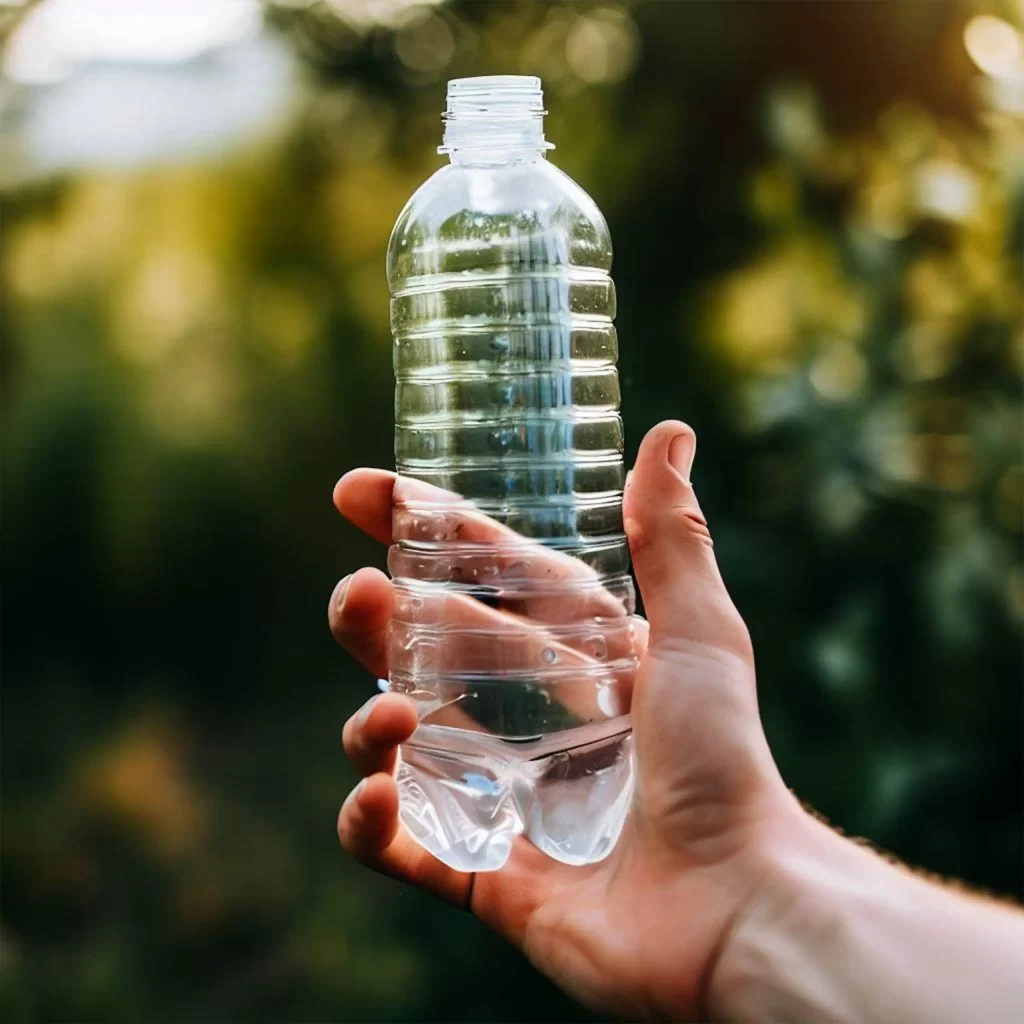
Revolutionizing Waste Management: Innovations in Recycling Technology and Sustainable Practices
Waste management
It is one of the most pressing environmental challenges of our time. And environmental challenges are very important. According to the World Bank, global waste generation is expected to increase by 70% by 2050, reaching 3.4 billion tonnes per year. This seriously threatens human health, natural resources, biodiversity, and climate change.
However, there is also a huge opportunity to transform waste into a valuable resource, through innovative recycling technologies and sustainable practices. In this blog post, we will explore some of the latest developments in this field, and how they can contribute to a circular economy and a greener future.
Pyrolysis
One of the most promising recycling technologies is pyrolysis, which involves heating waste materials at high temperatures in the absence of oxygen and breaking them down into gas, oil, and char. This process can convert various types of waste, such as plastics, tires, biomass, and municipal solid waste, into useful products, such as fuels, chemicals, and fertilizers. Pyrolysis can also reduce greenhouse gas emissions and landfill space, compared to conventional waste disposal methods.
Bioplastics
Another innovative recycling technology is bioplastics, which are plastics made from renewable sources, such as corn starch, sugarcane, or algae. Bioplastics can offer several advantages over conventional plastics, such as lower carbon footprint, biodegradability, and compostability. Bioplastics can also be recycled or reused multiple times, reducing the amount of waste generated. However, bioplastics still face some challenges, such as high production costs, limited availability, and compatibility issues with existing recycling systems.
Blockchain
A third example of recycling technology is blockchain, which is a distributed ledger that records transactions securely and transparently. Blockchain technology holds the potential to revolutionize waste management systems, offering real-time data on every stage from generation to disposal. Additionally, it can foster waste trading platforms, creating a space for producers and recyclers to exchange materials for both financial and environmental gains. Moreover, blockchain incentivizes sustainable practices, encouraging consumers and businesses to adopt eco-friendly consumption and production patterns.
Besides recycling technologies, sustainable practices are also essential for revolutionizing waste management. One of the most important practices is the 3Rs principle: reduce, reuse, and recycle. This principle aims to minimize the amount of waste generated at the source, extend the lifespan of products and materials through reuse or repair, and recover the value of waste through recycling or composting. The 3Rs principle can help save natural resources, energy, water, and money while reducing environmental impacts.
Another sustainable practice is green procurement, which is the process of selecting products and services that have lower environmental impacts throughout their life cycle. Green procurement can help reduce waste generation by choosing products that are durable, reusable, recyclable, biodegradable, or have minimal packaging. Green procurement can also help promote green innovation and market development for environmentally friendly products and services.
A third sustainable practice is education and awareness-raising, which are crucial for changing attitudes towards waste management. Education and awareness-raising can inform consumers and businesses about the benefits of recycling and the consequences of improper waste disposal. Education and awareness-raising can also inspire people to take action and participate in waste management initiatives, such as community clean-ups, recycling campaigns, or zero-waste movements.
In conclusion, recycling technology and sustainable practices are key elements for revolutionizing waste management. They can help transform waste into a resource that can support economic development,
social well-being, and environmental protection. They can also help create a circular economy that minimizes waste generation and maximizes resource efficiency. By embracing these innovations and practices, we can all contribute to a more sustainable future.

